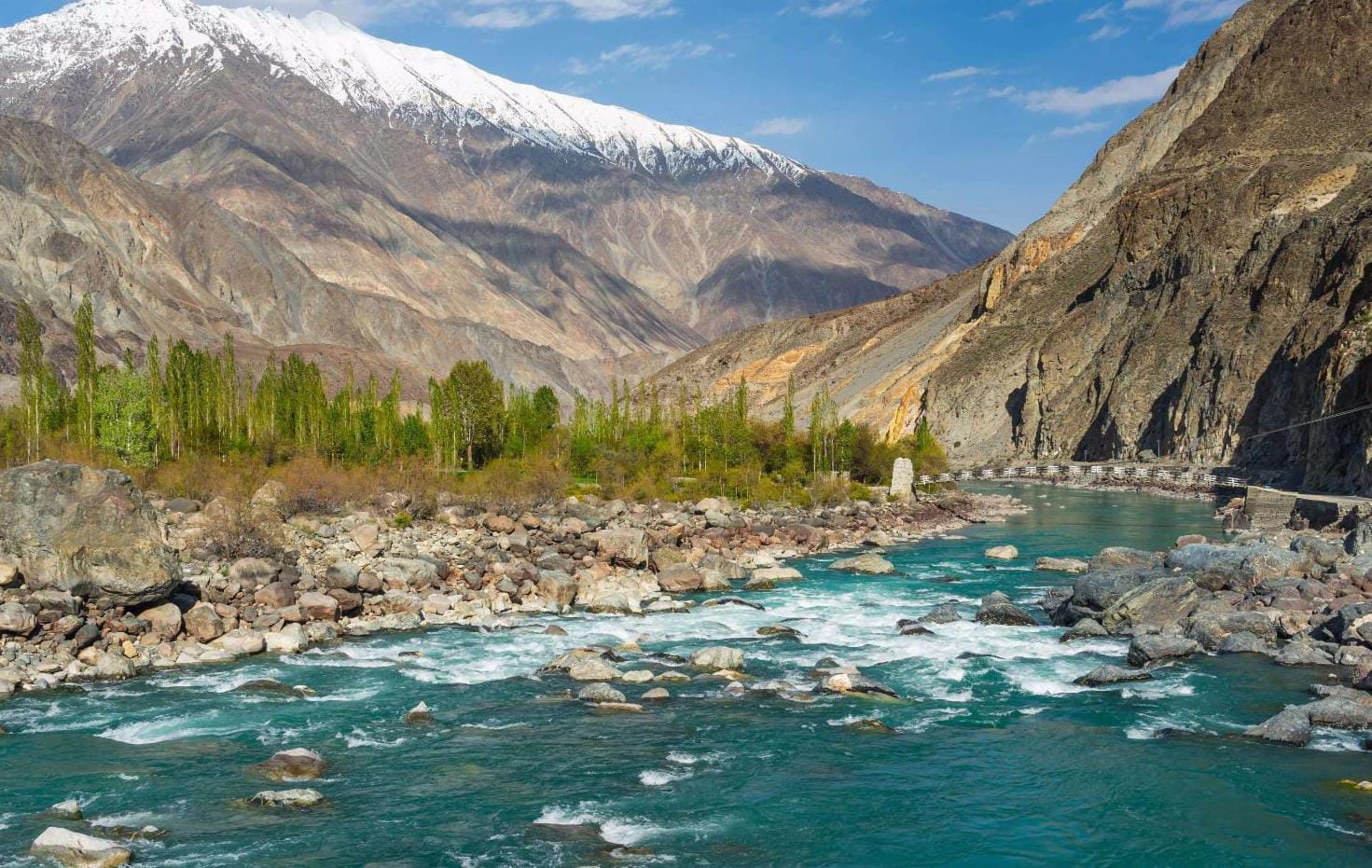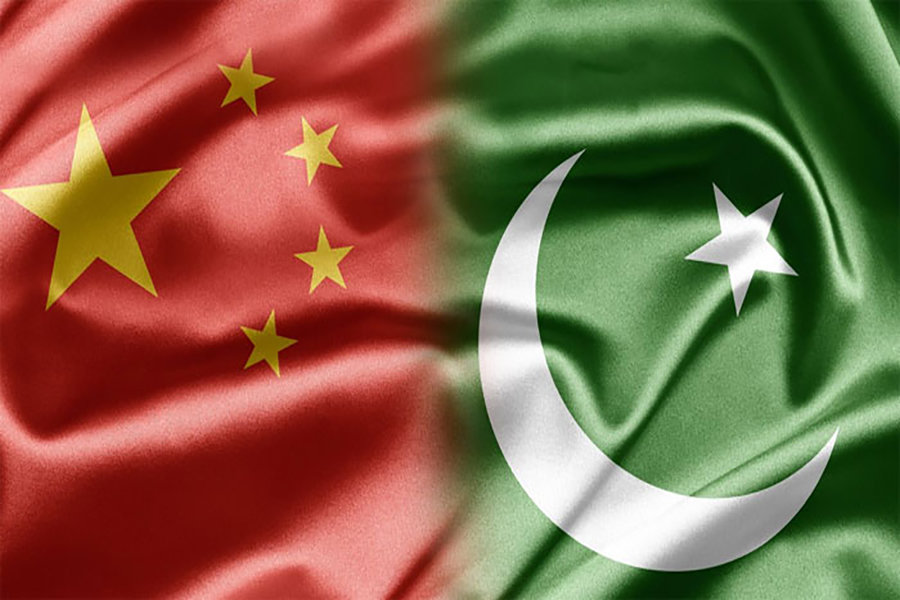On 8 April, the Geological Survey of Pakistan and the China Geological Survey signed a Memorandum of Understanding to collaborate on the exploration of lithium and other valuable minerals in the Gilgit Baltistan region. In fact, the Chief Minister of Gilgit Baltistan also attended the Pakistan Minerals Investment Forum in Islamabad.

The prime minister of Pakistan stated that these resources could reduce the dependence on international financial institutions like the IMF. It is worth mentioning that such a decision is not discussed in the GB Assembly clearly while putting aside its consequences in such a region, which is full of glaciers and lakes.Even in the 21st century, Gilgit-Baltistan is still a colonial region whose people are deprived of legislative powers as well as political.
It is enumerated under Article 1 of the Constitution of Pakistan that Gilgit-Baltistan is virtually part of the Federation of Pakistan, but this area as such is not defined as territory of Pakistan.There are few legal grounds that don’t allow Pakistan to sign such agreements. It is binding on Pakistan to honor Article 257 of the constitution and must heed the people’s desires.
As it is explicitly mentioned under Article 257 that when the people of the State of Jammu and Kashmir decide to accede to Pakistan, the relationship between Pakistan and that state shall be determined in accordance with the wishes of the people of that state.The people of Gilgit Baltistan have been marginalized since April 1949, from the Karachi Agreement to the Government of GB Order 2018.

It is indispensable to mention that the Karachi Agreement was a very important legal treaty in the political history of GB. The tragedy was that the fate of the people of GB was decided by other people who were alien to GB and without having a single representation from GB.It was first in 1999 that Gilgit Baltistan’s mired constitutional status was brought into question. So, the Supreme Court of Pakistan gave a verdict like this: it could neither prescribe governance for the territory nor could it direct parliamentary representation, as this would jeopardize Pakistan’s stance on Jammu and Kashmir.The Al-Jehad Trust judgment set the groundwork for the Gilgit Baltistan Order of 2009.Additionally, GB was not added to Pakistan’s Council of Common Interests and therefore had no negotiating leverage with the Federation.

The president of Pakistan is empowered under Article 258 of the constitution to make provisions for the peace and good government of any part of Pakistan not forming part of a province.Currently, GB is governed by GB’s Order 2018, which has conferred extreme powers to the Prime Minister of Pakistan to make laws without taking the legislative assembly on board. One of the amendable articles is 25(d) of the Gilgit-Baltistan Order 2019, which gives the state extreme powers to determine the public interest needs of a property and accordingly take it under its control.
Moreover, Article 64 further gives the State of Pakistan the right to acquire a property at the expense of the government of Gilgit Baltistan or even through direct transfer if the land belongs to the government of Gilgit Baltistan.In 2020, Pakistan’s prime minister promised the people of Gilgit-Baltistan that the region was finally to become the country’s fifth province. However, later in 2022, Pakistan instead introduced a new fiscal regime taxing over a hundred items in Gilgit-Baltistan, with the proceeds directed to the Federation. No constitutional status was granted.

Rejected by locals, allegations that Pakistan only took from the region, without giving it a clear constitutional status, continued to bolster.In conclusion, we, the people of Gilgit-Baltistan, need to address our constitutional status and political representation at the national level as well as at the international level. While the people of Gilgit Baltistan have always been willing to be a constitutional part of Pakistan.
In addition to this, the GB Order needs some crucial amendments. Lastly, Gilgit Baltistan needs legislative powers, not administrative.We strongly condemn the MOU signed between Pakistan and China.





